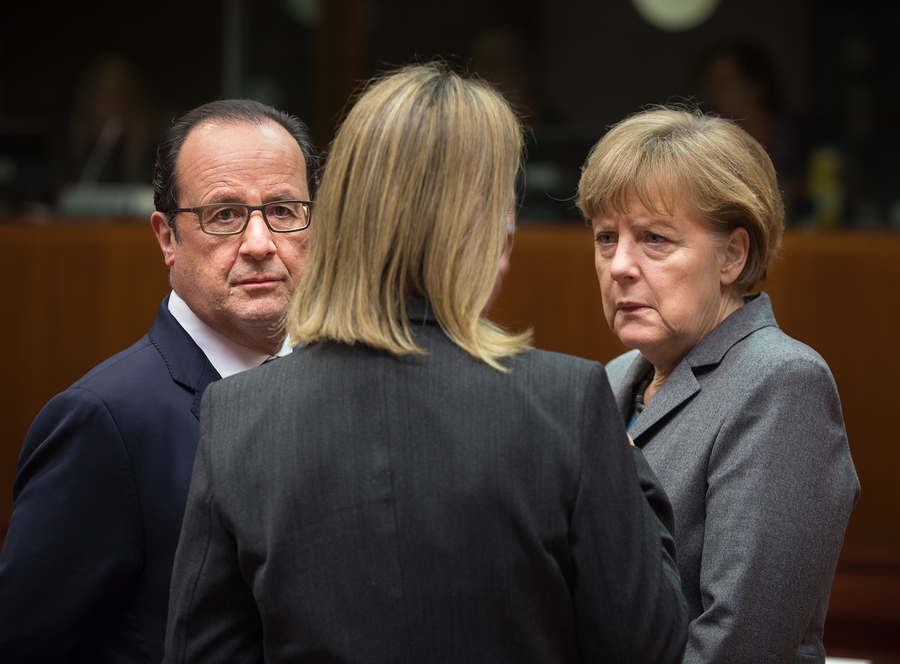The die is now cast and the British electorate has voted to leave the European Union. We should be under no illusion, that was the easy part. The real challenge is how the UK government now negotiates the terms under which it ends its 43 year-old membership of the EU. At first glance, this seems almost impossible – how can one possibly re-negotiate the thousands of reciprocal agreements that bind our country to the other 27 member states? The situation is further complicated by the fact that almost no-one in the political establishment foresaw the Leave outcome and consequently there are no plans in place.
However, despite the admittedly daunting nature of the task, it can be made more manageable by applying the basic principles of negotiating planning and following a step-by-step process.
There are a multitude of different stakeholders in this negotiation and the UK government must first identify each stakeholder group, understand their interests and priorities and assess how they might influence the negotiation. The UK electorate, parliament, the regional assemblies, the British business lobby, the 27 other EU member states and the EU Commission spring immediately to mind but the list will be much longer. Clearly, some of these interests and priorities will differ – they may even be polar opposites but that is the negotiator’s art – reconciling the seemingly irreconcilable.
Based on this analysis the UK government needs to decide what specific outcomes it seeks to achieve and distill these objectives into a single, concise statement. Where possible, there should be a best- and worst-case scenario for each objective with a range of potential options in between. It is critical that the negotiators know in advance what they are aiming for and what they are prepared to accept. For obvious reasons this should not be made public.
It is equally critical that there is absolute government agreement around these objectives. In our experience of advising our clients on how to plan and execute negotiations, the most common cause of derailment or breakdown is an internal disagreement over what is or is not acceptable. This must be clarified in advance and time needs to be invested to ensure collective agreement
Negotiation is about Power. And power is about perception. The UK government’s position of power in this negotiation is defined by how much power the EU believes the UK possesses. Historically, the UK’s negotiating power derived from the tacit threat that it might leave the European Union. That was the basis on which Mrs Thatcher negotiated her celebrated rebate in 1985. Now that Britain has publicly decided to leave the EU, the UK government no longer has that card up its sleeve and its position of power is compromised as a result.
Equally, because virtually no-one anticipated the result, there are no contingency plans in place to ensure Britain’s continued prosperity after Brexit. The UK needs time to start negotiations with other non-EU countries about reciprocal trade agreements after the country leaves the EU. By delaying the official announcement of Britain’s intent to leave the EU, Mrs May is buying time for her negotiators to start creating alternative trading arrangements for a post-Brexit world and thereby enhancing the UK’s position of power for the negotiations with the EU. Once these negotiations have progressed to a pre-defined point, the UK government can the start thinking about how and when it wants to sequence Brexit talks with their EU partners.
There is no doubting the magnitude of the task that awaits the Brexit negotiation team and the issue will dominate the political agenda for many years. However great the negotiation challenge might be, the application of the fundamentals of negotiation planning will make it all the more surmountable.

